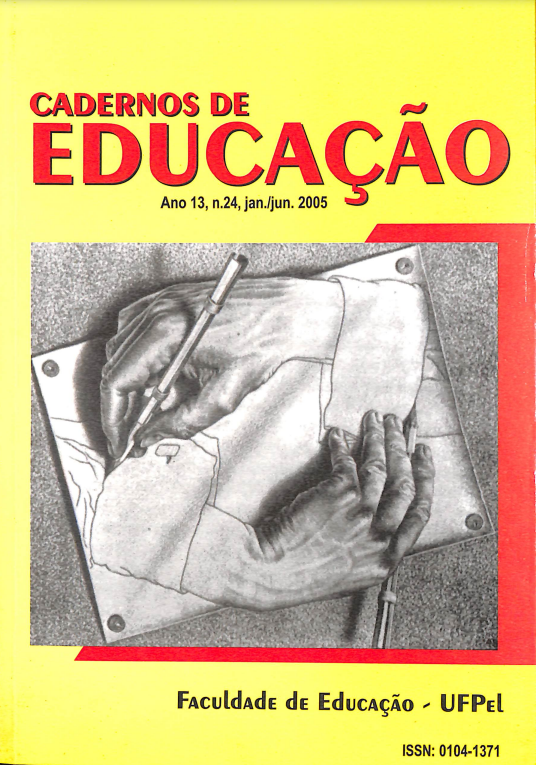El Proyecto de País determina el Sistema Educativo (Reflexiones del Viejo Profesor)
Resumo
El texto plantea la relación entre el Proyecto de País (PP) -lo que una nación se propone ser- y el Sistema Educativo (SE). La pregunta es: ¿cómo se determina los contenidos o saberes que transmite la escuela? El SE es un instrumento político regido por el PP. De este proyecto se derivan los contenidos a transmitir. Así el curriculum termina siendo el mismo PP. Lo que se aprende en el SE es partitura o norma que guiará las conductas de los ciudadanos del proyecto. No hay contenidos o aprendizajes autónomos, indiferentes o independientes, son derivados y sostenidos por el PP. Por ello el curriculum (o conjunto de contenidos) anticipa la historia que se ha de vivir y opera como un libreto del futuro. La educación sin encuadre y anclaje político corre el riesgo de convertirse en mera acción social, aunque sea generosa. La vinculación entre PP y SE se torna más notoria y requerida en el caso de las universidades. ¿De dónde obtienen éstas los saberes a enseñar? De los problemas y necesidades a resolver según lo marca el PP. Un país a lo largo del tiempo puede recorrer diversos PP. Ello implicará cambios en la naturaleza y fines de la universidad. A cada PP corresponde una diferente universidad. Resulta evidente en el caso del Proyecto del 80 (de la europeización) habido en la Argentina. ¿De dónde obtienen las universidades la validez de lo que enseña si no hay proyecto?
Palabras-clave: curriculum; proyecto de país; sistema educativo; universidad.
The Project for the Country determines the Educative System (Reflections of the Old Teacher)
Abstract
The text approaches the relation between the Project for the Country (PC) – what a nation proposes to be – and the Educative System (ES). The question is: how do we determine the contents or knowledge that the school transmits? The ES is a political tool ruled by the PC. The contents to be transmitted derive from this project. Therefore, the syllabus ends up being the PC. What is learned in the ES is the music sheet or the norm that guides the behavior of the citizens in this project. There are neither autonomous contents nor autonomous learning experiences. They are not indifferent or independent, either, but derive from and are supported by the PC. Thus, the syllabus (or set of contents) anticipates the history that will be lived, and operates as a libretto of the future. Education without political framing and anchorage runs the risk of becoming mere social action, even though it may be generous. The relation between the PC and the ES becomes even more noticeable and is more demanded in the case of universities. Where do the universities obtain the knowledge to be taught? From the needs and problems to be solved, according to what is defined by the PC. A country may go through several PC’s. It may imply changes in the nature and goals of the university. A different university corresponds to each PC. This is clear in the case of the Project developed in Argentina in the 80’s (European influence). Where do the universities get the validity of what they teach if there is no project?
Key-words: syllabus, project for the country, educative system, university.






